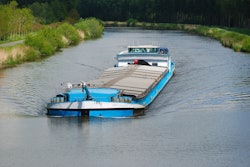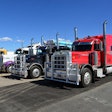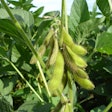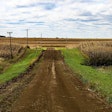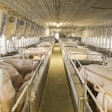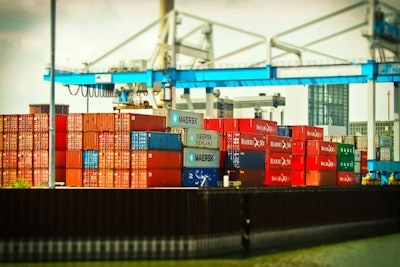
The U.S. Department of Agriculture (USDA) said on Sunday it will help fund a new container yard for agricultural exports at California's Port of Oakland, as the government, ports and food companies scramble to ease costly shipping delays, reports Reuters.
The multimillion-dollar project is set to open in March, and officials said it could be replicated elsewhere.
The Port of Oakland will open a 25-acre acre "pop-up site" to provide space to prepare empty containers, the USDA said. The off-terminal site will move containers off chassis and store them for rapid pick up, the port said.
U.S. Transportation Secretary Pete Buttigieg said in a statement that "inland pop-up ports" improved the flow of goods at the Port of Savannah and the government plans to work with other ports on similar ways to reduce congestion.
The USDA will pay 60% of the startup costs and partner with the Port of Oakland to partially cover a $125 per container reimbursement made to shippers, U.S. Agriculture Secretary Tom Vilsack told Reuters. The USDA estimated the project will cost about $5 million, and the port said the initial start-up will cost about $2 million.
American Farm Bureau Federation President Zippy Duvall notes supply chain issues are a big concern for farmers and ranchers.
"We appreciate USDA’s actions to ease congestion at several ports," says Duvall. "This announcement about increasing capacity at the Port of Oakland, our third largest port for containerized waterborne agricultural products, is welcome news. It’s an important step to ensure America’s farmers and ranchers have a reliable path for exporting the rice, beef, pork, fruits, vegetables, almonds and many other agricultural goods grown in the United States.
“Further steps must be taken to prevent carriers from sending empty containers out of U.S. ports, such as the passage and signing of the Ocean Shipping Reform Act. Port congestion is one piece of a larger puzzle and AFBF will continue working with industry, federal agencies and Congress to untangle the complicated web of supply chain issues facing farmers and ranchers.”




